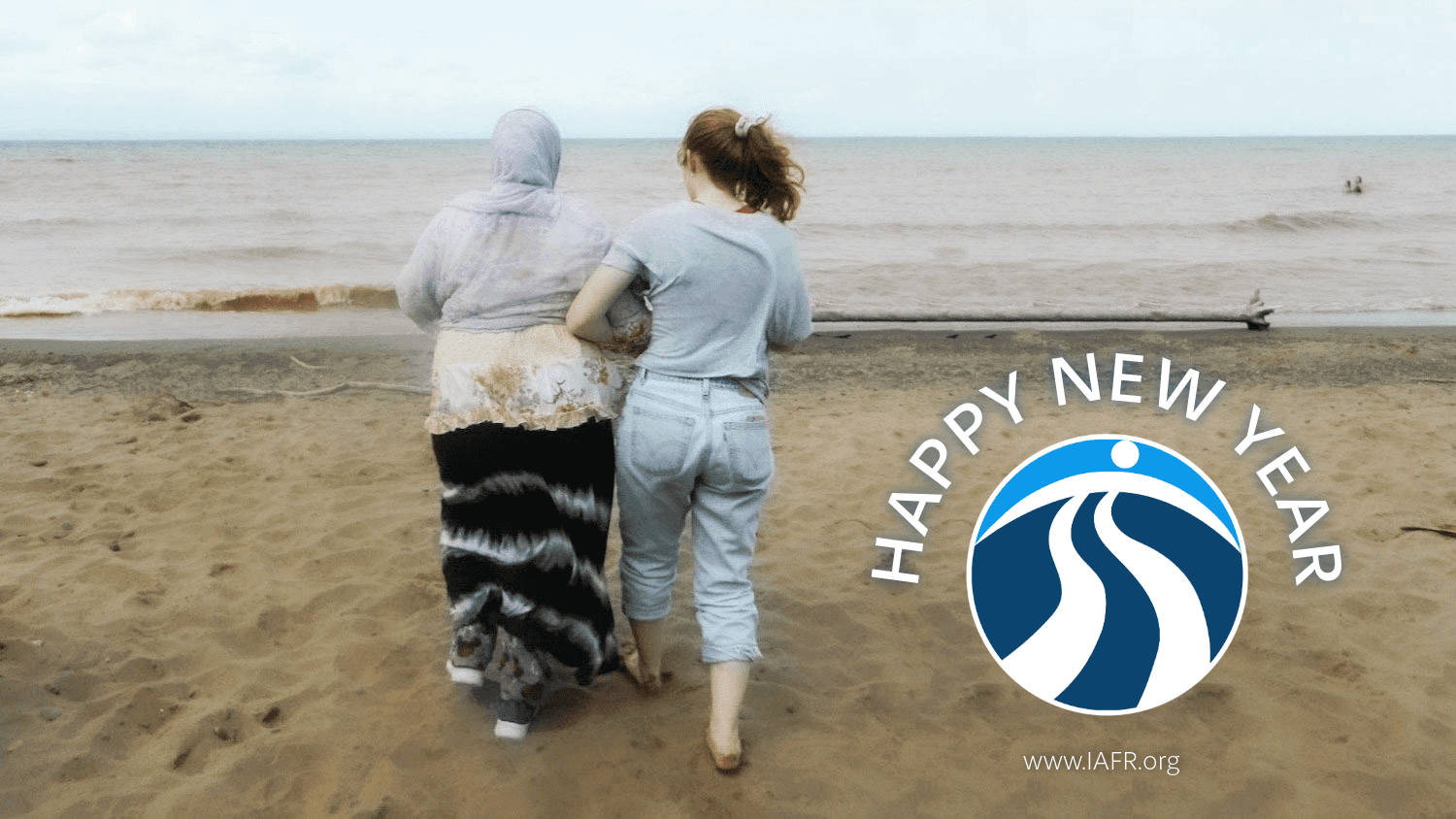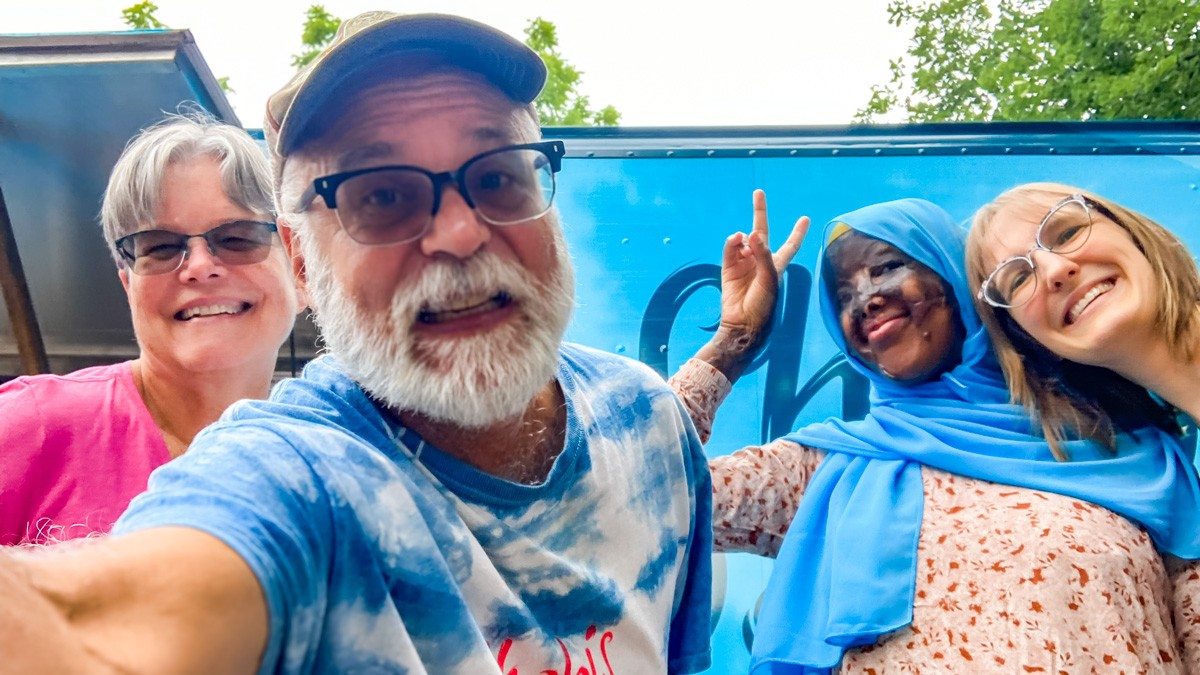Teach me to hope
Nov 30, 2023
- Whitney Gerdes with Rachael Lofgren

"I see garbage everywhere."
"I see kids who are hungry."
"I see kids who aren't in school who should be."
The refugee teachers took turns sharing.
They don't believe they can.
I was in Dzaleka, presenting training on trauma and its impact in the classroom for a large group of refugee and local Malawian teachers. I started the session with an exercise asking the teachers to close their eyes and visualize the communities their students came from.
"I see families that are fighting and people that are depressed."
"I see girls who have potential but aren't allowed to go to school and don't believe they can."
As they spoke, I could feel the responsibility and sadness their hearts carried for their students in their words.
"That's my teacher!"
"Now visualize your classroom with your students in it. What would you love your teaching to produce? What do you see?"
"I see kids running up to me in the camp and saying, "That's my teacher!"
"I see girls reading."
"I see less depression and sadness and families that are less stressed because their children are in school and getting an education."
"I see kids that are safe because they are wearing their uniforms, and people in their community know they are going somewhere."
Their words burst like light across the bleak pictures painted just sentences before. "These beautiful answers you've just shared are the things to remember on the hardest days because what you do is incredibly important, and it's making a difference," I told them. I knew many of these teachers worked in classrooms of fifty students or more with very few resources and little to no pay.

Breaking the Cycle
As we spent the next hours together discussing the impact of trauma on the brain, the symptoms of trauma, and what it looked like as educators to help students regulate and heal, I was impressed over and over again by the brilliant and humble questions these teachers asked and the stories that they shared.
One teacher in his early twenties sat in the front row with a clipboard, post-it notes, and a question for everything. I was pleased when he asked if he could take the things he was learning back to his elementary school to share with other teachers. Two days after our training, he messaged us to let us know he was already implementing what he'd learned with the other teachers, and they were eagerly putting the training into practice.
On a break, I chatted with a young woman who taught in the camp. She told me, "I am reading these symptoms of trauma, and I'm recognizing how much this is not just my students but me." She asked me to share more resources. "I want to keep working on this to stop the generational trauma cycle for my younger siblings and the next generation," she told me.
Healing Together
The collective hope looking back at me from that room of invested and courageous teachers gave me incredible hope.
In their recognition of trauma as their own experience, I saw mindsets shift from seeing trauma as "different" and "issues with struggling students" to an empathetic focus on collaborative healing.
Together, they had suffered, and they would work toward healing in their communities alongside their students. In the middle of incredible hardship caused by collective trauma, collective hope would give them the strength to continue investing in students for the future, one day in the classroom at a time.
Other Featured Posts

Reciprocity: experiencing God's blessings together
Feb 19, 2026

An empty seat
Feb 4, 2026

Statement Concerning ICE in Minnesota
Jan 23, 2026

Harvest Season at Hope Community
Jan 15, 2026

Happy New Year!
Dec 31, 2025

Merry Christmas from IAFR
Dec 23, 2025

Love Made Me Forget My Scars
Dec 17, 2025

Hope Has a Name
Dec 10, 2025


